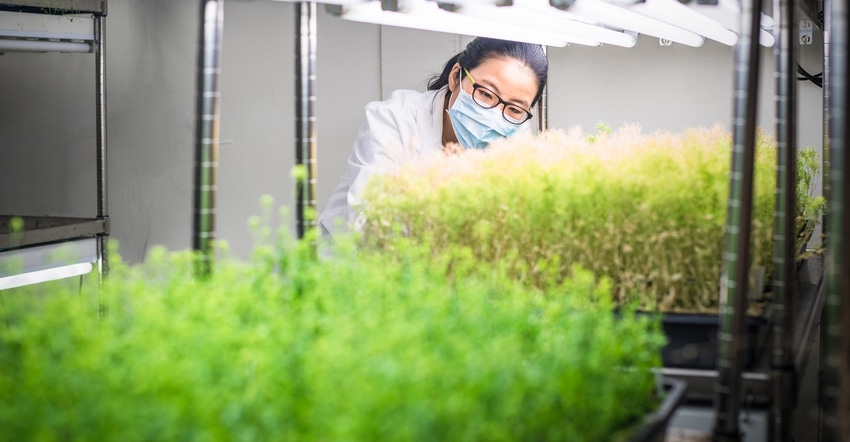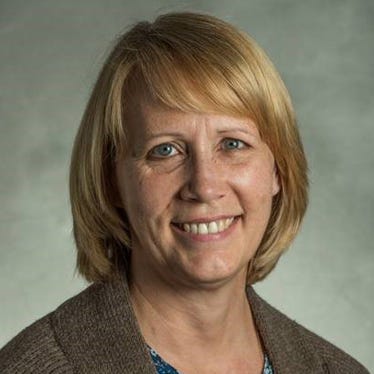November 9, 2018

The USDA National Institute of Food and Agriculture awarded the regional North Central Integrated Pest Management Center to Michigan State University, with co-direction support coming from Iowa State University.
For the last 18 years, the North Central IPM Center was previously held at the University of Illinois, where Michigan State University provided co-direction.
The North Central IPM Center is one of four centers in the nation, serving 12 states, as part of the USDA’s connection to production agriculture, research and Extension programs, and agricultural stakeholders throughout the U.S.
States served
The IPM centers’ projects strive to improve economic benefits of adopting IPM practices and to reduce potential risks to human health and the environment. The states in the north-central region include Iowa, Nebraska, Kansas, Ohio, Minnesota, North Dakota, South Dakota, Missouri, Wisconsin, Illinois, Indiana and Michigan. IPM resources from MSU are available online.
Lynnae Jess of MSU will serve as director of the center. She will provide leadership and expertise, serve as the liaison to the center-funded working groups, and provide regional and national leadership on IPM-related issues.
“I am excited to start this new chapter of the North Central IPM Center working with Iowa State University,” Jess says. “The North Central IPM Center has funded projects over the last 18 years that have made a big impact in the region, and beyond. The working groups have shown how collaborating with other states, regions and countries can help growers, communities and the environment.”
 CENTER DIRECTOR: Lynnae Jess will lead the North Central IPM Center at MSU.
CENTER DIRECTOR: Lynnae Jess will lead the North Central IPM Center at MSU.

Laura Iles and Daren Mueller of ISU will be co-directors of the center. Iles has directed and served as the insect diagnostician in the ISU Plant and Insect Diagnostic Clinic since 2009. Mueller is an associate professor and Extension plant pathologist. He is also the coordinator of the ISU IPM program. Ethan Stoetzer, communications specialist for the ISU IPM Center, will split his time as communications specialist for the MSU center.
Developing a pest strategy
IPM aims to identify, research and implement a multitude of strategies that combat and manage various types of pests that can be harmful to all aspects of life, from food production to homeownership.
While many pests can be combated with pesticides, IPM seeks to evaluate pest management from a broader perspective, by considering pesticide consequences, economic and environmental repercussions, and pesticide resistance. Through practicing IPM techniques and strategies, such as learning insecticide thresholds, fungicide applicability techniques and alternatives to pesticides such as introducing beneficial organisms to an environment, producers and homeowners can care for their livelihoods while avoiding unnecessary economic and environmental costs.
Through encouraging adoption of IPM practices, the center hopes to change the behaviors of producers in the region while respecting economic constraints and pressures. Through working groups, the center is able to disseminate $200,000 for working group grants to regional institutions for projects that further the center’s goals, at a maximum of $20,000 per project.
For every dollar the North Central IPM Center invested in working groups, a $32 return was received through grants alone.
Source: MSU Extension
You May Also Like




